The Prodigal
Summary
In this sermon on Luke 15, Dominic Jackson reflects on the parable often called “The Prodigal Son.” Drawing out the inner lives of all three characters—the younger son, the older brother, and the father—Dominic explores how the story exposes not just rebellion, but resentment, grief, and the longing for reconciliation. The younger son runs from home in search of freedom, only to find himself empty and ashamed. The older brother stays but seethes, convinced that faithfulness should earn him control. The father’s actions disrupt both patterns—he watches, runs, and welcomes with joy, refusing to let either son’s vision of justice define the terms of relationship. The parable presses into how we see God, what kind of home we believe we’re returning to, and whether we can receive grace when it comes.
Questions for reflection
What does this parable reveal about the nature of God’s joy and initiative in restoring what is lost?
How do the actions of the father reframe our understanding of justice, mercy, and authority?
Why do you think Jesus includes both sons in the story—and how does their contrast serve the parable’s message?
What vision of repentance and restoration is offered here, and how does it challenge conventional religious frameworks?
How might this parable inform the church’s posture toward those who leave, return, or stand at a distance?
What does the refusal of the elder brother to join the feast suggest about how grace is received or rejected?
